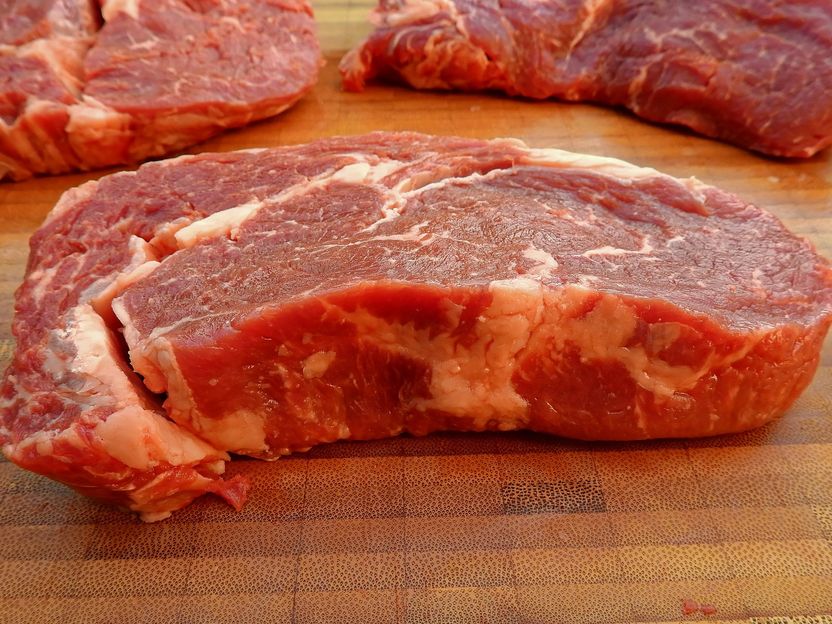Two thirds of baby foods in US grocery stores are unhealthy, study shows
Wake-up call for parents and policymakers with widespread use of misleading claims
A staggering 60 percent of infant and toddler foods fail to meet nutritional recommendations, and none meet promotional requirements set by World Health Organization (WHO) guidelines, according to new research.
In the absence of US-specific nutrition or promotional guidelines for these foods, researchers at The George Institute for Global Health assessed data on 651 infant and toddler food products sold in the top ten US grocery chains held in the Institute’s FoodSwitch database against this international benchmark.
Among all products, 70 percent failed to meet protein requirements and 44 percent exceeded total sugar requirements. A further one in four products did not meet calorie requirements and one in five exceeded recommended sodium limits.
Dr Elizabeth Dunford, Research Fellow at The George Institute, and Adjunct Assistant Professor, Department of Nutrition at the University of North Carolina said that the rising popularity of processed convenience foods for infants and young children was concerning.
“Early childhood is a crucial period of rapid growth and when taste preferences and dietary habits form, potentially paving the way for the development of chronic diseases such as obesity, diabetes and some cancers later in life,” she said.
“Time-poor parents are increasingly choosing convenience foods, unaware that many of these products lack key nutrients needed for their child’s development and tricked into believing they are healthier than they really are.”
Researchers found that baby food pouches are the fastest growing products in the sector, with a 900 percent increase in the proportion of sales deriving from pouches in the last 13 years. Concerningly, pouches ranked among the unhealthiest products assessed, with fewer than 7 percent meeting total sugar recommendations.*
The study also revealed the extent of misleading marketing practices, with almost all (99.4 percent) products featuring at least one prohibited claim on their packaging. On average, products displayed four prohibited claims, with some displaying as many as 11. Common claims included ‘non genetically modified (GM)’ (70 percent), ‘organic’ (59 percent), ‘no BPA’ (37 percent), and ‘no artificial colors/flavors’ (25 percent).
Dr Daisy Coyle, Research Fellow and Dietitian at The George Institute said that claims like these create a so-called ‘health halo’ around these products.
“The lack of regulation in this area leaves the door wide open for the food industry to deceive busy parents,” she said.
“We saw this not only in the use of misleading claims but also in the use of misleading names, where the product name did not reflect the main ingredients found on the ingredient list.”
“For example, snack and finger foods often referred to fruit or vegetables in the product name, despite primarily being made of flour or other starches,” Dr Coyle added.
Obesity in children aged two to five has more than doubled in the US since the 1970s, with approximately 13% of preschool children living with obesity.3 This has only worsened since the COVID-19 pandemic.4
“While reducing childhood obesity was a priority under the Obama administration, the issue appears to have fallen by the wayside in recent years,” added Dr Dunford.
“Our findings highlight the urgent need for better regulation and guidance in the infant and toddler foods market in the United States - the health of future generations depends on it.”
Original publication
Other news from the department science

Get the food & beverage industry in your inbox
By submitting this form you agree that LUMITOS AG will send you the newsletter(s) selected above by email. Your data will not be passed on to third parties. Your data will be stored and processed in accordance with our data protection regulations. LUMITOS may contact you by email for the purpose of advertising or market and opinion surveys. You can revoke your consent at any time without giving reasons to LUMITOS AG, Ernst-Augustin-Str. 2, 12489 Berlin, Germany or by e-mail at revoke@lumitos.com with effect for the future. In addition, each email contains a link to unsubscribe from the corresponding newsletter.
Most read news
More news from our other portals
Last viewed contents

Nestlé tops Access to Nutrition Index, improves healthfulness of products

Barry Callebaut opens new CHOCOLATE ACADEMY™ Center in Casablanca, Morocco - Bringing chocolate expertise to the growing North African market
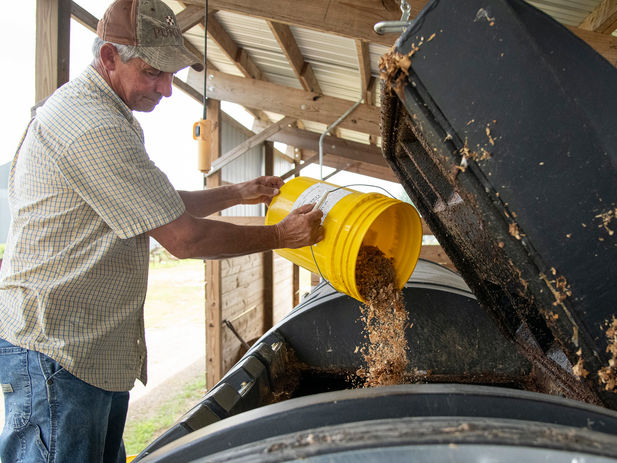
Vermont’s pioneering food waste laws are popular, but vexing issues remain - New research on Vermont’s first-in-the-nation food waste law and single-use plastics ban identifies areas for improvement

Plant-based push: UK sales of meat-free foods shoot up 40% between 2014-19
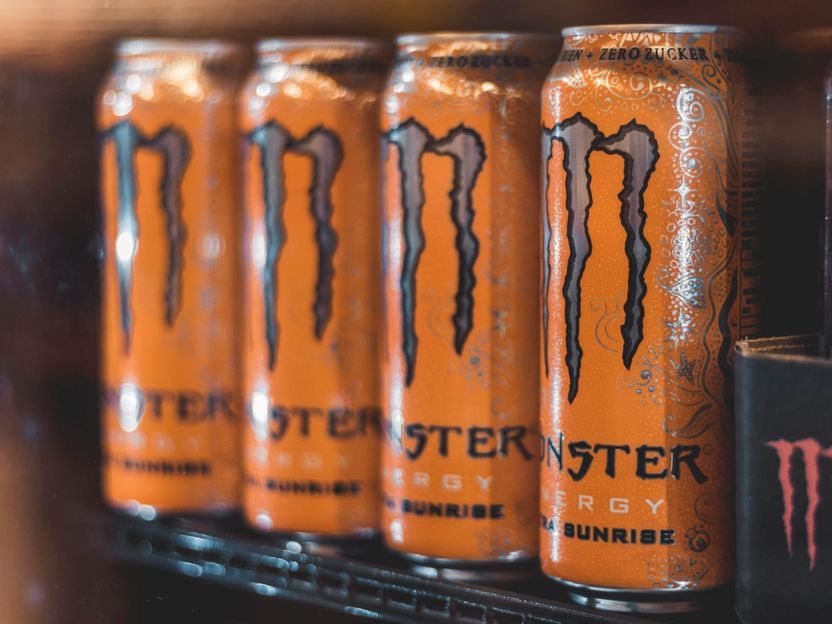
Monster Beverage Corporation to Acquire CANarchy Craft Brewery Collective - Transaction Provides Springboard for Monster to Enter Alcoholic Beverage Sector

Winkler und Dünnebier Süßwarenmaschinen GmbH at ProSweets Cologne 2016

Study finds picky eaters are put off by food depending on plateware colour - Researchers examining the characteristics of picky eaters have found the colour of the bowl food is served in has an influence on taste
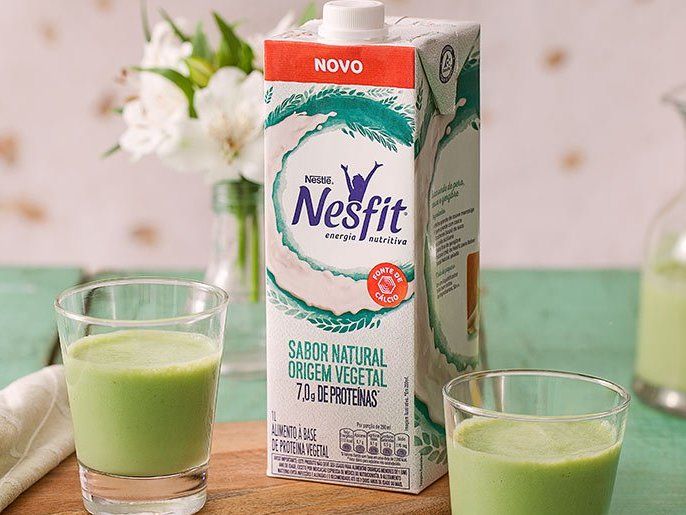
Nestlé continues to expand its portfolio of plant-based dairy alternatives - Plant-based products made from pea protein is a key focus area for Nestlé
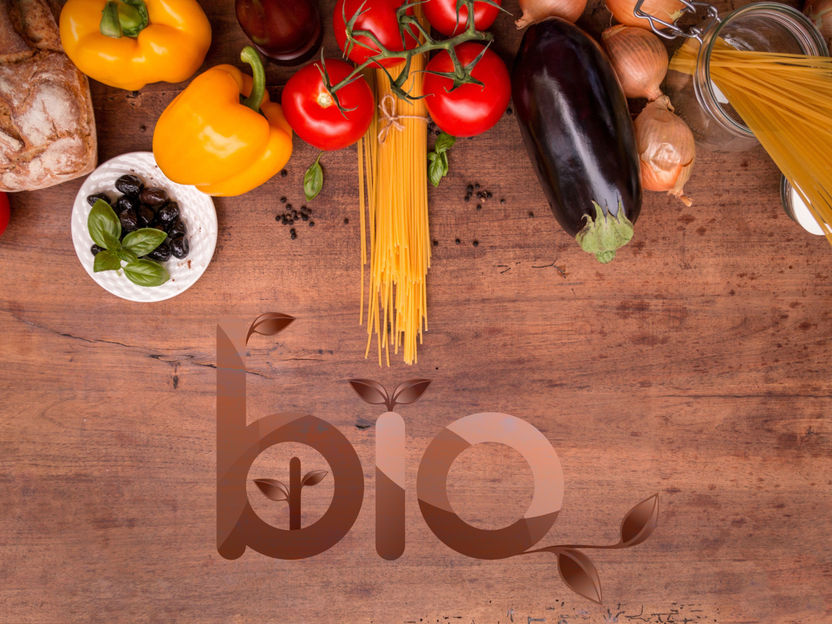
Prices of ethically labelled food and drink are biggest barrier to purchase
Do Better Together : New features for increasing food safety and Industry 4.0
Coca-Cola Inks Definitive Agreement With Great Lakes Coca-Cola Distribution
